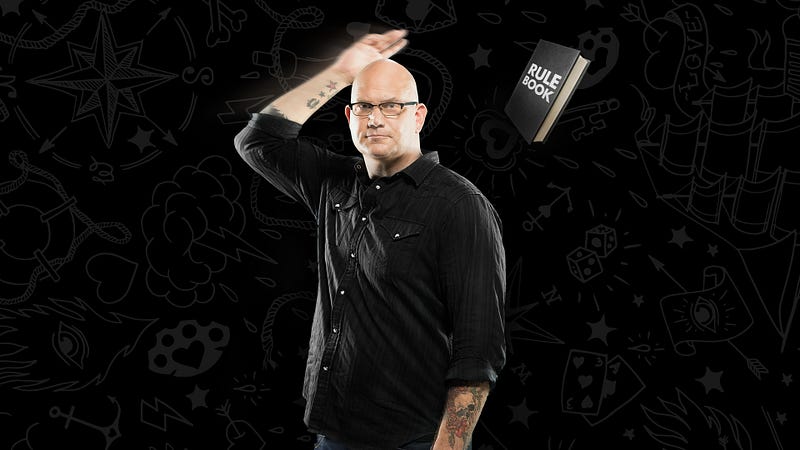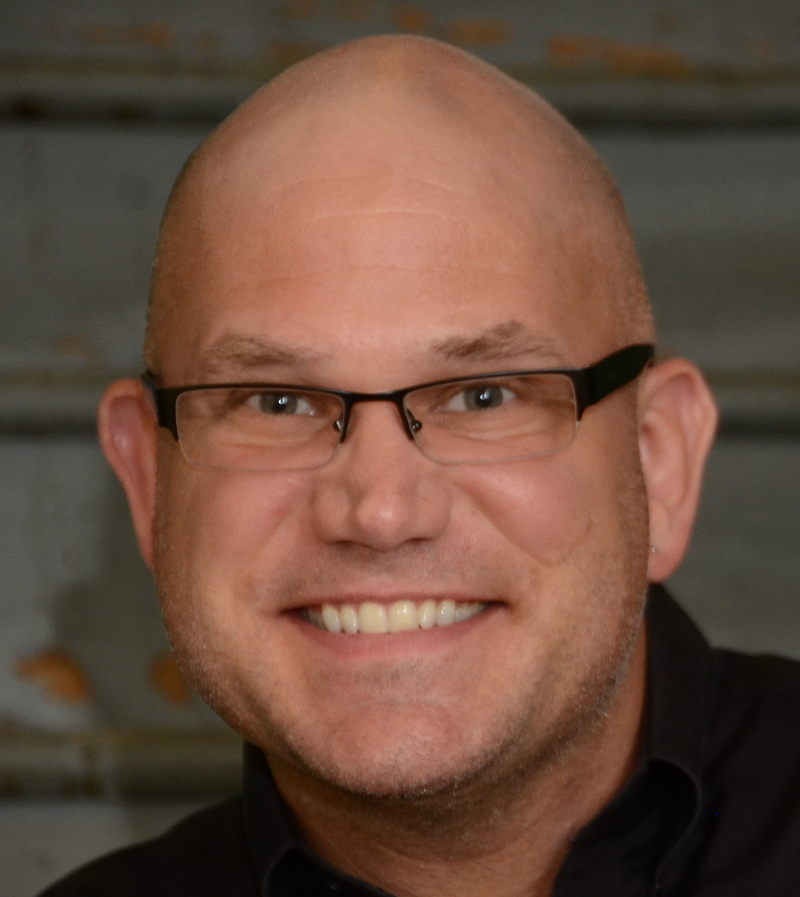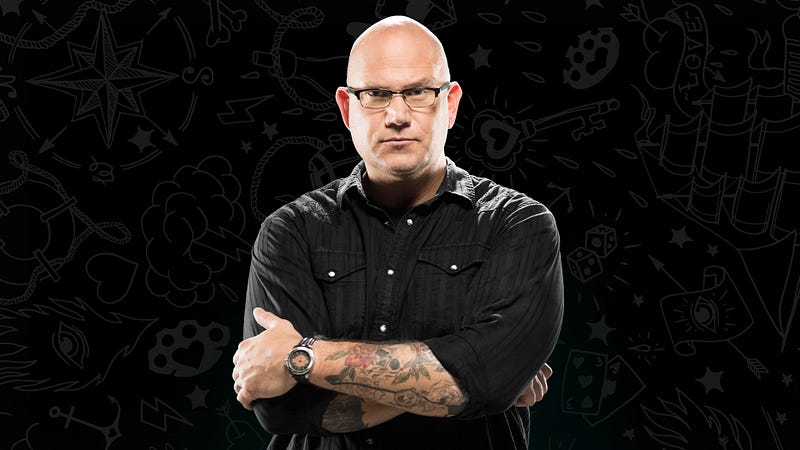
As part of my series about prominent entrepreneurs and executives that overcame adversity to achieve great success, I had the pleasure of interviewing Dr. Todd Dewett.
Dr. Dewett is a best-selling author at LinkedIn Learning, a TEDx speaker, and an Inc. Magazine Top 100 leadership speaker. After beginning his career with Andersen Consulting and Ernst & Young, he completed his PhD in Organizational Behavior at Texas A&M University and enjoyed a career as an award-winning professor.
Jason Crowley: Thank you so much for doing this with us! Can you tell us the “backstory” about what brought you to this specific career path?
Dr. Todd Dewett: After getting a start with the major consulting firms, I learned two things. First, professionals very often have difficulty managing and effectively relating to others. Second, I was not a good fit for roles inside large established organizations. The answer quickly became clear for me — become a professor. After a PhD in Organizational Behavior from Texas A&M University, I spent ten years in Ohio at Wright State University teaching mostly leadership focused graduate courses. It was fantastic, the perfect job for me until I found one even better. I fell in love with writing and professional speaking. Today, Houston is my home base. I write books, give speeches, and make popular educational courses enjoyed by millions of people through LinkedIn.
Crowley: Can you share your story of when you were on the brink of failure? First, take us back to what it was like during the darkest days.
Dewett: I saw the growing trend of video-driven online microlearning. My consulting and speaking practice were gaining traction. My informal research and experience on YouTube convinced me to start a new business. So, I wrote scripts, hired a great team, and a year later launched a video training website featuring an initial batch of one hundred two to three-minute videos featuring me pontificating. It was a total failure.
With so little content, nobody wanted to pay. My small handful of customers were angry when I folded the business. It cost me about $100,000. I tried to forget about it. I was deeply embarrassed. I was very well known locally and had a nice presence online through social media and my website. Everyone I knew was aware of my failure. I used to keep my office door closed at all times. I didn’t return emails or calls for days at a time. It’s amazing how one failure affects how you view your other activities. Maybe I wasn’t a good professor or dad. The only thing I can compare it to is the pain of going through a divorce. It’s public. It hurts. There’s nothing you can do about it.
Crowley: What was your mindset during such a challenging time? Where did you get the drive to keep going when things were so hard?
Dewett: I retreated into family, specifically spending more time with my two sons. I tried to focus on my teaching and research. I kept reminding myself how lucky I was to be a tenured professor. Counting my blessings was a daily activity for the first few months.
Crowley: Tell us how you were able to overcome such adversity and achieve massive success? What did the next chapter look like?
Dewett: Eventually, I realized the answer was right in front of me. Part of what I teach and speak about professionally deals with the relationship between mistakes or failures and learning. It’s inevitable. It’s normal. It pushed you to grow — if you’re willing to choose the glass half full perspective. After months of moping and feeling sorry for myself, I turned a mental corner.
That’s when I decided to upload all of the content I created for the video business to YouTube. People enjoyed the content. I felt mildly vindicated, even though I had failed to monetize the content. Then one day an executive at Lynda.com (now rebranded at LinkedIn as LinkedIn Learning) found me online, including the YouTube content. She called me, and we’ve been making videos together ever since. I later learned that my online content was one of the big factors in their decision process. Today I have more courses than any other author in their business library. More than twenty million professionals have enjoyed the content in over 100 countries.

Crowley: Based on your experience, can you share 3 actionable pieces of advice about how to develop the mindset needed to persevere through adversity? (Please share a story or example for each.)
Dewett:
Don’t allow a fear of failure to stop you. Learn from it and wear it like a badge of honor.
Years ago when I began speaking professionally, I landed a great keynote gig at a State Farm management conference. I thought I knew how to deliver a keynote — I did not. It was a horribly boring presentation. Eyes were rolling. How embarrassing. I soon realized I had a lot to learn about speaking. I also knew I had to turn this debacle into a story. The “State Farm” bit is now one of my most popular stories.
The faster you own it, the sooner the recovery starts. Even with an enlightened perspective, failure still hurts. Don’t wallow for more than one day. That’s it. Any more is a complete waste of time. The sooner you laugh about it and begin talking about it, the sooner you’ll see insights needed to move forward.
Use formal advisors, because you’re not a genius. For my failed video business, I should have recruited a board of advisors to grill me about all aspects of the business. I chose to assume I had all the answers. What a joke. It takes a team to really vet and launch a business.
Crowley: None of us are able to achieve success without some help along the way. Is there a particular person who helped get you to where you are? Can you share a story about that?
Dewett: Speaking professionally is a big part of what I do. It began as a fun side activity when I was a management professor. One day a good friend and mentor named Dave said something after seeing me speak. He told me he I was really good, but he doubted I would grow my speaking business as long as I continued being a professor. He said I needed to go all in. At first, it seemed like an absurd comment. I was tenured and secure for life, but soon enough I realized he was correct. I “retired” at age forty-two, and my speaking business is now considerably larger and growing.
Crowley: Are you working on any exciting new projects now? How do you think that will help people?
Dewett: I’m writing several new books on leadership, relationships, and success in life. I’m also about to launch a fee-based Quora-style Q&A “coaching” service through my website (www.drdewett.com). I want to build a community of people who like my courses, speaking, books, etc. and want access to me anytime, to ask anything. In addition, as the community grows, people will find insight and perspectives from others, not just me.
Crowley: You are a person of great influence. If you could inspire a movement that would bring the most amount of good to the most amount of people, what would that be? You never know what your idea can trigger. 🙂
Dewett: I’d simply encourage everyone to become a try junkie. As many have suggested, we were born yesterday and die tomorrow. Life is short. Stop being afraid to fail, and instead, fear never realizing your potential. Lofty, yes, but if everyone talked less and tried more, imagine the engagement that would explode in our communities. Stronger social movements, more volunteers, more businesses started, more innovation across the board.
Crowley: Any parting words of wisdom that you would like to share?
Dewett: Live hard. If life is worth living, truly give it your all. Yes, Live Hard is the name of one of the books I’m writing — and it’s great advice!
Crowley: How can our readers follow you on social media?
LinkedIn: https://www.linkedin.com/in/dewett
Twitter: @fuel4leaders


